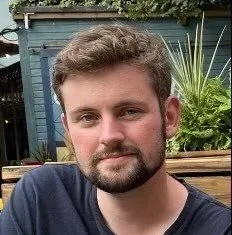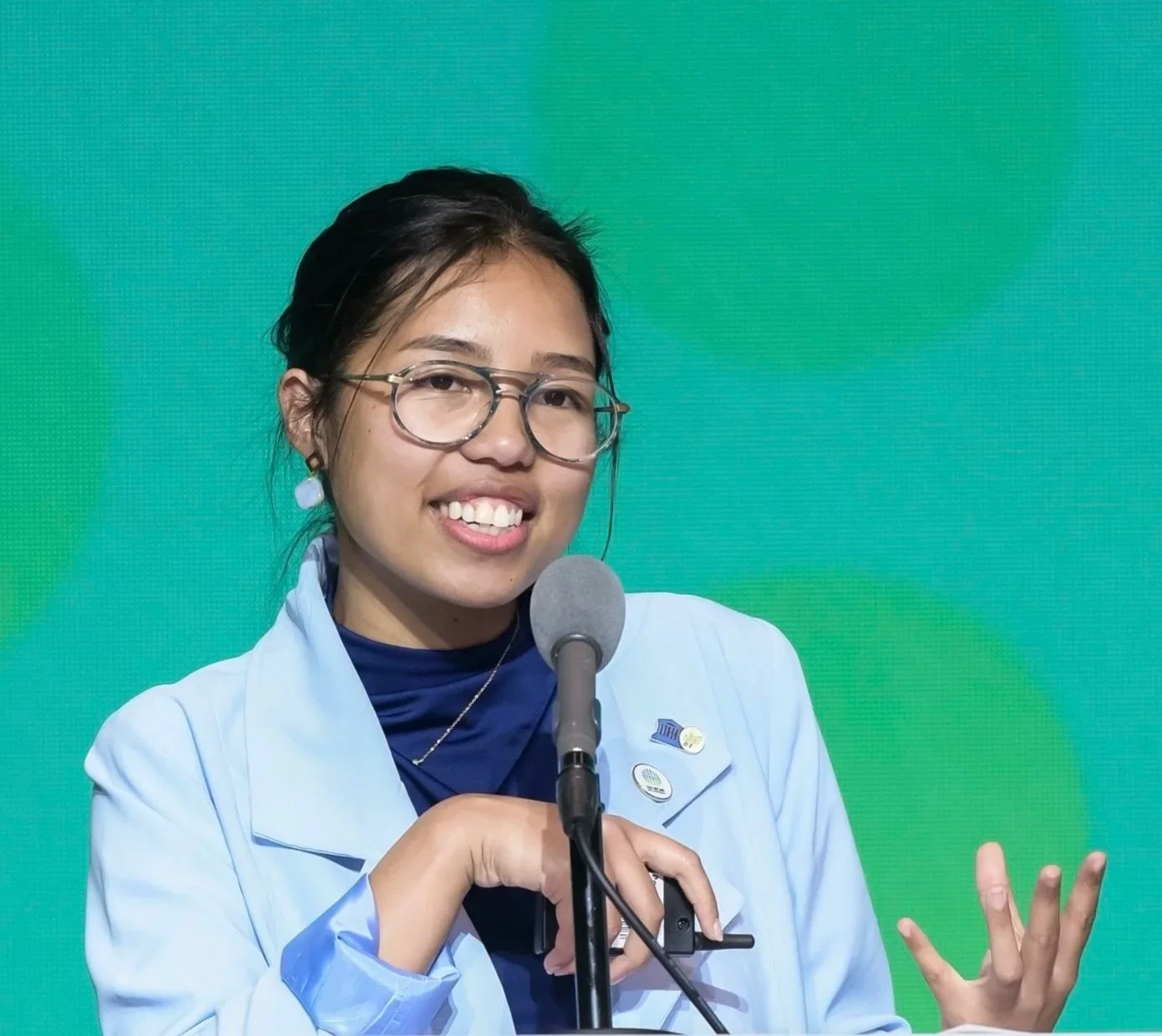Lab Values
Creativity, interdisciplinarity, collaboration, open source, open access, inclusiveness, team mentality
Apply for our open Postdoc Position! (deadline Feb 9th, 2026)
Apply for our open Technician Position!
If you are interested in what we do and don’t see an explicit open position, write to Adria! There may be ways.
Dr. Adria LeBoeuf
Associate Professor
acl79 at cam dot ac dot uk
Prof. Adria LeBoeuf leads the Laboratory of Social Fluids in the Department of Zoology at the University of Cambridge (UK). Adria loves big questions, creative research and whimsy.
Adria founded and helps lead the Social Transfer Network, an ESEB-funded Special Topic Network around socially transferred materials.
Since first jumping into research, Adria has enjoyed working in between and on the edges of fields, especially around the evolution of communication and behavior. During her undergraduate studies at the College of Creative Studies at University of California Santa Barbara, she tried the two extremes of studying the brain, first on human behavior at the Center for Evolutionary Psychology and then on the microtubule dynamics underlying neurodegenerative disease. She received her PhD in neuroscience and biophysics from The Rockefeller University after studying the subcellular friction and adhesion within the auditory sensory hair bundle. Adria then made a dramatic shift from the nano-scale up to the organismal scale when she shifted to work with ants for her postdoc at University of Lausanne in Switzerland and later at the Weizmann Institute of Science in Israel. As a recipient of a prestigious PRIMA grant from the Swiss National Science Foundation, in 2019 she began her research group at the University of Fribourg in Switzerland. Her research focuses on how evolution has engineered social life, in particular, through socially exchanged fluids. In 2024 the Social Fluids Lab moved to Cambridge University’s Department of Zoology. In addition to her scientific life, Adria is the founder and was the strategic director for 10 years of the science-entertainment collective The Catalyst which focuses on using improvisation to help researchers better communicate their work. She also cofounded Exposure Science Film Hackathon (now SciFilmIt).
The lab’s work has been recognized by awards (Best Paper for Meurville & LeBoeuf 2021), many stories in the media, and prestigious grants (SNSF PRIMA in 2019, Novartis in 2021, HFSP 2022, BBSRC in 2025).
Current Group Members
Dr. Yuqi Wang - postdoc
Yuqi did her PhD in the Netherlands on birds and maternal androgens in eggs. Here she studies metabolic division of labour through socially transferred materials.
Dr. Helder Hugo - postdoc
Helder Hugo is a behavioural ecologist interested in how animal groups form, function and evolve. As a postdoctoral fellow at the Lab of Social Fluids, he utilizes cutting-edge computational methods to automatically track behavior, social fluid exchange, and larval growth in social insect colonies. His current research is aimed at understanding mechanisms of collective control and decision-making in social colonies. In his doctoral research at the Max Planck Institute of Animal Behavior, he investigated mechanisms of collective behavior in complex societies using Neotropical termites as a model species. His background includes a PhD in Biology (University of Konstanz, Germany, 2022), an MSc in Entomology (UFV, Brazil, 2016) and a BSc and teaching degree in Biological Sciences (PUC Minas, Brazil, 2009). He also has theoretical and practical experience in taxonomy and ecology of spiders, integrated pest management, biological control, and termite behavioral ecology. Helder is also a scientific illustrator and enjoys playing guitar, ukulele, harmonica and piano in his free time.
Arthur Matte - PhD
Arthur’s deep interest in evolution and morpho-anatomy led him to investigate the morphological changes linked to the transition to eusociality in ants. As part of his MSc he did an internship in the lab of Social Fluids with the aim to decipher factors that shaped the dimorphism between ant queens and workers across their evolution. He is now working on a PhD on the evolution of new social transfers.
Nathaniel Holmes - PhD
Nat is working on a PhD project on the evolution of dependency in ant-plant mutualisms. He is a keen molecular ecologist and evolutionary biologist, interested in the origins and underpinnings of community interactions across the tree of life and at many scales.
Rova Mirindra Ralambomanana - research assistant (based at the madagascar biodiversity center)
Rova is a Malagasy biologist driven by a deep fascination for biodiversity and the incredible universe of ants. Her work focuses on honeypot ants and replete workers, aiming to understand the ecological and molecular mechanisms underlying social fluid storage and exchange. She is currently involved in a collaborative project on Camponotus honeypot ants in Madagascar, combining intensive fieldwork with omics approaches to uncover how these insects adapt to unique environments. Outside of her research, she is an avid reader and a board game enthusiast who loves outdoor activities.





